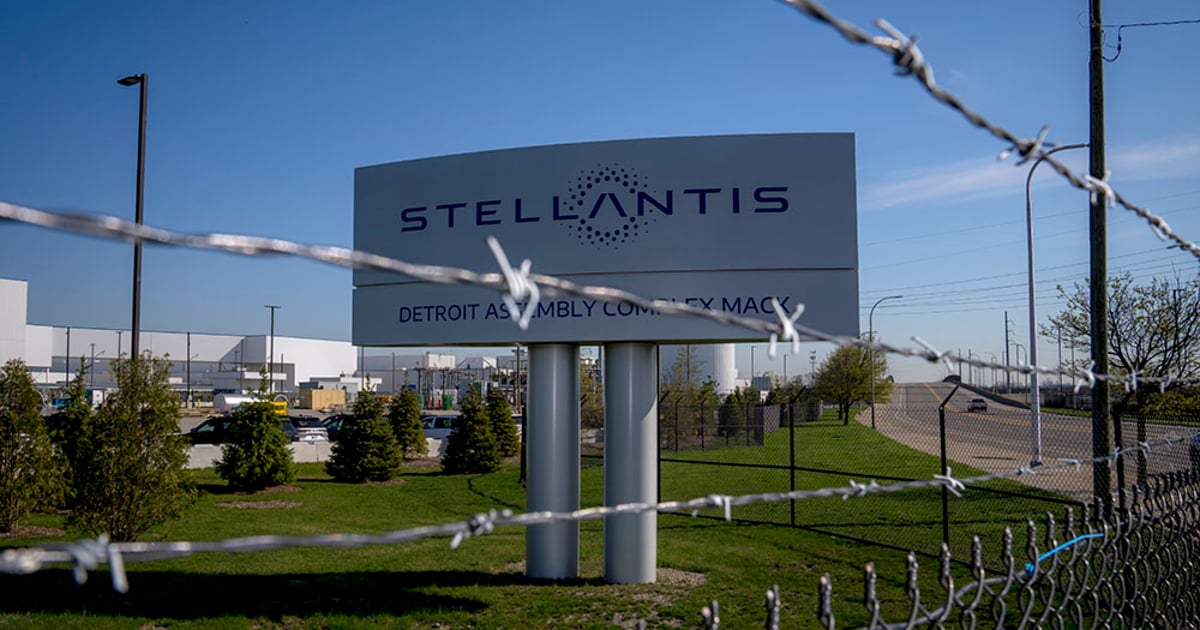
Chrysler-parent Stellantis and General Motors paid a total of $363 million in civil penalties for failing to meet U.S. fuel economy requirements for prior model years, documents seen on Friday by Reuters show.
The record-setting penalties include $235.5 million for Stellantis for the 2018 and 2019 model years and $128.2 million for GM covering 2016 and 2017, according to NHTSA, which administers the Corporate Average Fuel Economy program.
Stellantis said the penalties “reflects past performance recorded before the formation of Stellantis, and is not indicative of the Company’s direction.” Stellantis previously paid a total of $156.6 million in penalties for the 2016 and 2017 model years.
GM said Friday as “we work towards the goal of a zero-emissions future, we may use a combination of credits from prior model years, expected credits from future model years, credits obtained from other manufacturers, and payment of civil penalties to comply with increasingly stringent CAFE regulations.”
GM, which sells Chevrolet, Buick, GMC and Cadillac vehicles in the U.S., had not previously paid a fine in the 40-year history of the CAFE program. It had initially planned to use credits to meet its compliance shortfall but opted to pay penalties, NHTSA said.
The GM and Stellantis penalties were paid between December and May, according to the records and this is the first time in three years the agency has collected fuel economy penalties.
The disclosure comes ahead of NHTSA’s plan to soon propose new more stringent fuel economy standards for 2027 and beyond.
In March 2022, NHTSA reinstated a sharp increase in penalties for automakers whose vehicles do not meet fuel efficiency requirements for 2019 and beyond.
For the 2019 to 2021 model years, the fine is $14, up from $5.50, for every 0.1 mile per gallon new vehicles fall short of required fuel-economy standards, multiplied by the number of noncomplying vehicles sold. For the 2022 model year, the figure rose to $15.
Automakers protested the penalty hike in 2016, warning it could raise industry costs by at least $1 billion annually, including boosting the value of compliance credits sold by Tesla and others.
Automakers whose vehicles achieve higher fuel economy than required can sell credits to automakers that do not meet CAFE rules. The higher penalty costs make the credits more valuable, automakers say.

